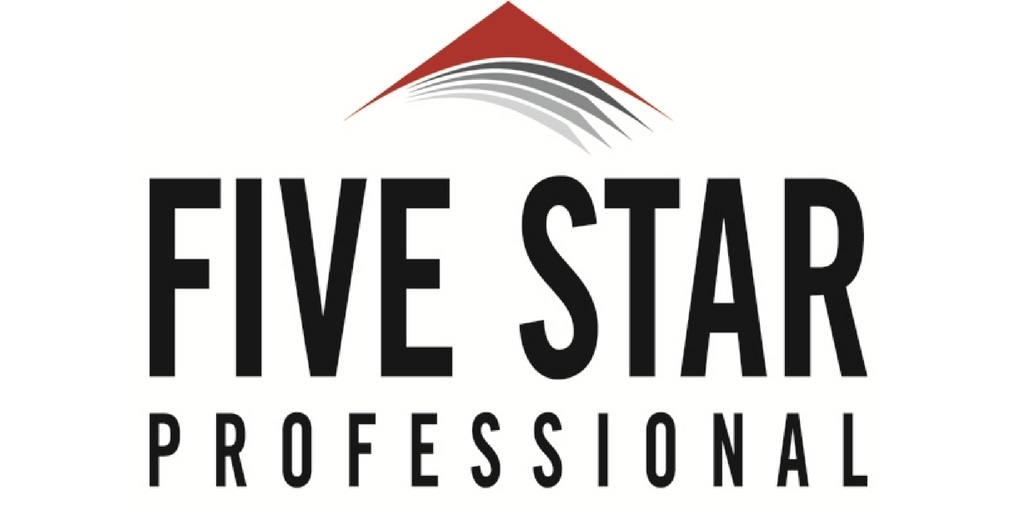By Mike Cordak, RICP®
As an empty nester and a financial advisor, I’ve had time to reflect on my financial journey. I’ve also been thinking about the smartest way I can continue teaching my kids about money. I want to give them the knowledge and skills they need to pursue their ultimate goals and make wise financial decisions.
I wrote this article to share the financial values I’m instilling in my children and the strategies I use to help them create a strong financial future.
Budgeting Is So Important
One of the biggest, and most consistent, lessons I teach my kids about money is the importance of budgeting.
I tell them to set aside money for all their expenses, including rent or a mortgage, credit card, car, and anticipated taxes; home upkeep; and personal and household expenses like groceries, clothes, laundry, healthcare, insurance, and entertainment. Also critical to track are Lyft or Uber rides, DoorDash, Uber Eats, and transferring payments to friends on Venmo and Zelle.
I also tell them that a well-crafted budget can help reduce worries about money. Just knowing you have a plan in place can give you a sense of control and comfort. Budgeting can also help you prioritize your spending and allow you to allocate your resources toward what truly matters to you.
In addition, if your young adult is already in the workplace, it’s important that their budget includes everything that’s deducted from their paycheck. For example, if their paycheck is $3,500 but after deductions it’s $2,850, their budget should be based on $2,850, not $3,500.
Once they have their budget set, it shows whether they can continue living the way they are or if they need to increase income or cut back on expenses. The key is awareness as it highlights areas in need of improvement.
Reexamine Your Budget Regularly
I also tell my kids that budgeting isn’t a “set it and forget it” endeavor; it needs to be reviewed and adjusted as their life unfolds.
Encourage them to invest (not spend!) whatever extra money they have at the end of each month. If they run out of money every month, they should rework their budget and look for areas where they can cut back. Can they eat less takeout? Can they buy fewer clothes? Are they attending too many expensive events? Is it possible for them to host potluck dinners at home instead of dining out? All these expenses add up and should be carefully monitored.
Credit Card Interest Adds Up
Credit card interest can be a sneaky financial enemy that silently shrinks your hard-earned cash. Even small balances can easily get out of control because of compounding interest. Compounded interest means that interest is computed on both the initial balance and any interest that has accumulated. This compounding effect can cause your debt to increase significantly over time.
Here’s an example. Let’s say you have a $1,000 credit card bill with an 18% annual interest rate. If you just pay the minimum amount due each month, the balance increases dramatically and the interest continues compounding on top of your balance. This can make it really hard to pay off that $1,000 debt.
The Importance of Saving and Investing
If your kids do have money left over each month, have them create a budget line item for savings and set up a monthly automatic deposit of that amount into their investment or savings account. Unseen forced savings are less likely to be wasted!
If they’re starting to make good money, guide them toward collaboration with a wealth manager to develop a financial plan. This plan can serve as a road map outlining their requirements, desires, goals, and (importantly) how to get there.
The plan should include specifics like how to invest their funds to last and grow throughout their lifetimes. It should assess the amount of cash they require day-to-day, month-to-month, and year-to-year. It should also take into account projected future costs (such as medical and long-term care). Finally, the plan should also include the fact that people continue to live longer.
We’re Here to Help
The importance of teaching kids about money and how to be financially literate cannot be overstated.
At Optimum Wealth Management, our goal is to develop lifelong relationships with our clients to help them create, grow, and safeguard their wealth.
To schedule a complimentary meeting, get in touch online, call (678) 778-2694, or email mcordak@optimumwlth.com.
About Mike
Mike Cordak is founder and owner of Optimum Wealth Management, a Georgia-Registered Investment Advisor serving the financial, retirement, and wealth planning & management needs of airline pilots—from hiring all the way through the transition to retirement and beyond. As a Delta pilot himself for more than two decades, Mike’s goal is to cultivate authentic life-long relationships with pilots to help them and their families create, grow, and preserve their wealth. As someone familiar with the pilot lifestyle and their unique goals and concerns, he offers a different investment strategy than the average advisor. Combining a fee-only business model with a fact-based tactical investment management style, he creates an environment that allows him to fulfill his mission of bringing clients financial peace.
Mike received his finance degree from Gies College of Business – University of Illinois Urbana-Champaign before pursuing a career as a pilot. After losing the defined-benefit plan at his airline in 2006, he entered the financial industry, inspired to create his own firm and take control of his finances to pursue financial stability after retiring as a pilot. He obtained the Retirement Income Certified Professional® designation, which means he has a legal and ethical duty to put clients’ interests first.
Mike and his wife, now empty nesters, love getting together with their kids as often as their schedules allow. Outside of reading financial news, he enjoys flying his own plane, golfing, hiking, skiing, and playing tennis and pickleball. He also can be found enjoying good wine and food, spending time at the beach, or traveling to foreign countries. He also has an interest in the Atlanta Mission, which helps out homeless people, the Woodstock City church, and contributes to various young people going out on mission trips and working on college campuses. To learn more about Mike, connect with him on LinkedIn.


